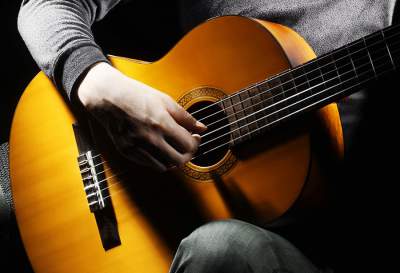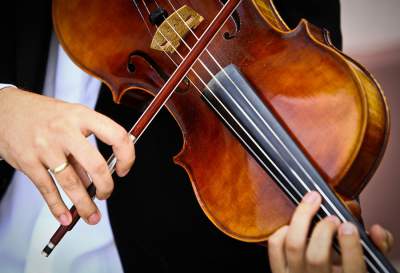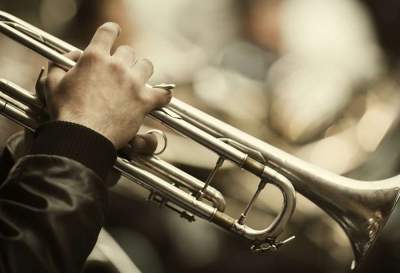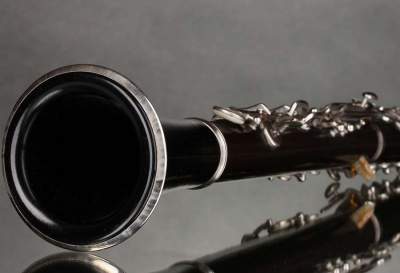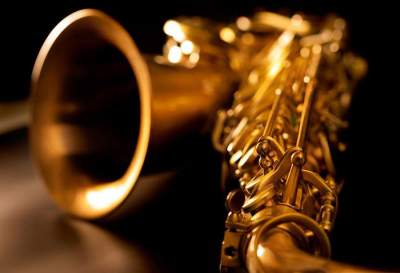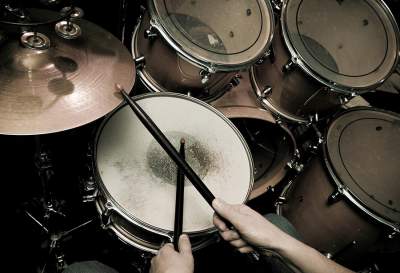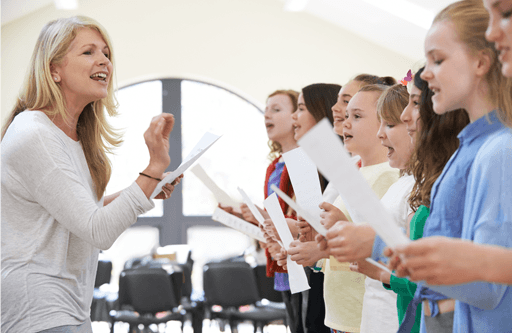After School, During, & Before School Programs
PRIVATE ONE-ON-ONE LESSONS
After school is an opportune time to provide music programs for students, either as a supplement to a music curriculum already in place, or as a stand-alone program. 90% of parents expect schools to provide music education, but many schools are forced to cut funding to their music programs when their budgets get tight. Musika is your most cost-effective, most complete, and most flexible turn-key solution. In fact, it’s 100% FREE for schools. The fees to support the program are only charged to parents that enroll. Musika provides curriculum & instructional staff, as well as program support from our administrative office. After school music programs can be made available either as tuition-based classes, or as an integral part of the school’s program.

GROUP CLASSES
Group classes are a great way for students to be part of a group and stay motivated to continue practicing and improving. Group classes are ideal for beginners, but also work well for students who have had 1-2 years of study. Instrumental classes are arranged by instrument and skill level, and are kept small (5-10 students). Instrumental group classes are offered on: piano, guitar, violin, viola, cello, bass, saxophone, clarinet, flute, recorder, trumpet, and trombone. In addition, we offer a few special classes that combine instruments. All classes offered are listed below:

